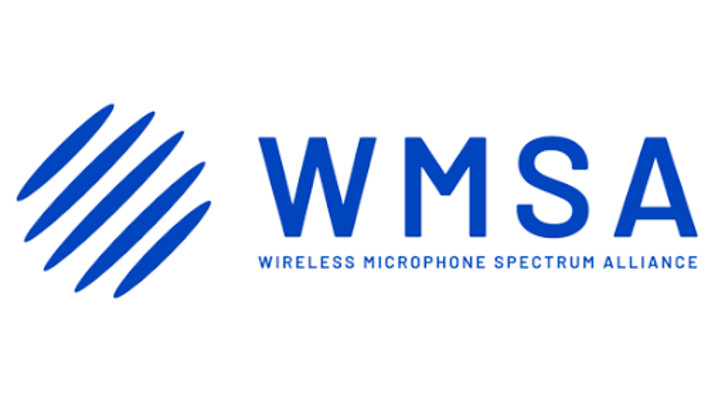FCC Okays Basic Tier Encryption in All-Digital Cable Systems
The professional video industry's #1 source for news, trends and product and tech information. Sign up below.
You are now subscribed
Your newsletter sign-up was successful
If you’re watching digital basic cable channels without a set-top box or CableCard on your TV using its clear QAM tuner, or perhaps using a Boxee with TV tuner, a Simple TV or Hauppauge Broadway, those channels may be disappearing as a result of FCC Report and Order FCC 12-126 released last Friday. It allows cable operators to encrypt the basic service tier in all-digital cable systems if they comply with certain consumer-protection measures.
It’s easy to see why cable operators want the ability to encrypt all digital TV cable channels. With the channel encrypted, they can start or stop cable service without physically connecting (assuming there is cable wired in the building) or disconnecting the cable to the subscriber's residence. This eliminates the need to send a technician on a service call. At present, cord-cutters who drop cable TV, but keep Internet service, often retain access to the digital basic cable channels, even though they aren't paying for them. In addition, once all of a cable system’s subscribers have the equipment to decrypt digital cable signals, it’s easier to sell and enable premium services (again, no service call is required).
Encryption was opposed by Boxee, Hauppauge and others. However, the FCC Report and Order says they “expect our rule change will affect relatively few subscribers...”
The commission did, however, adopt several provisions to protect these subscribers, at least during a transition period, which depends on the size of the cable operator. These provisions include free digital set-top boxes or CableCards for as many as two TV sets, and a method to allow IP enabled devices like the Boxee TV and Hauppauge to continue to work.
Regarding devices like Boxee and Broadway, the FCC said “subscribers who use IP-enabled clear QAM devices that would be incompatible with the free equipment offerings by cable operators represent an even smaller subset of clear-QAM users.”
The Report and Order states: “To mitigate any harm to the small group of consumers that may use such devices, NCTA's six largest incumbent cable members--serving 86 percent of all cable subscribers--have committed to adopt, prior to encrypting, a solution that would provide basic service tier access to third-party provided IP-enabled clear QAM devices.”
This would be accomplished using operator-supplied equipment or by providing access to the operator's security technology. Boxee and the Consumer Electronics Association (CEA) advocated that the signals be made available to IP-enabled devices without additional hardware, but the FCC rejected making that a requirement.
Note that only cable companies with all digital systems, or whose only analog channels are barker channels, are allowed to encrypt the basic digital tier. This will probably speed the conversion of existing analog cable channels to digital, with fewer choices for the remaining analog subscribers. Cable companies are required to notify subscribers 30 days prior to encrypting their digital basic service tier, and will have to make the free equipment available for 180 days after digital basic service tier encryption commences.
It will be interesting to see if shutting off analog cable channels and encrypting the digital basic service tier leads to an increase in the number of people watching TV off-air. Boxee may have anticipated this when they announced their new Boxee TV, complete with included external antenna!
The professional video industry's #1 source for news, trends and product and tech information. Sign up below.
